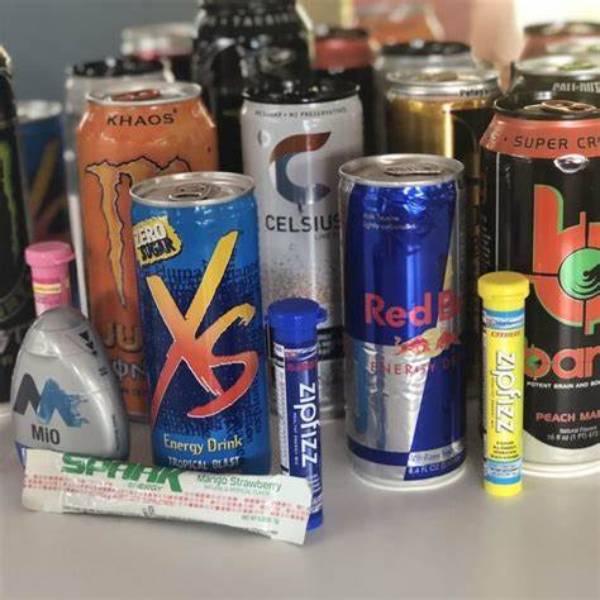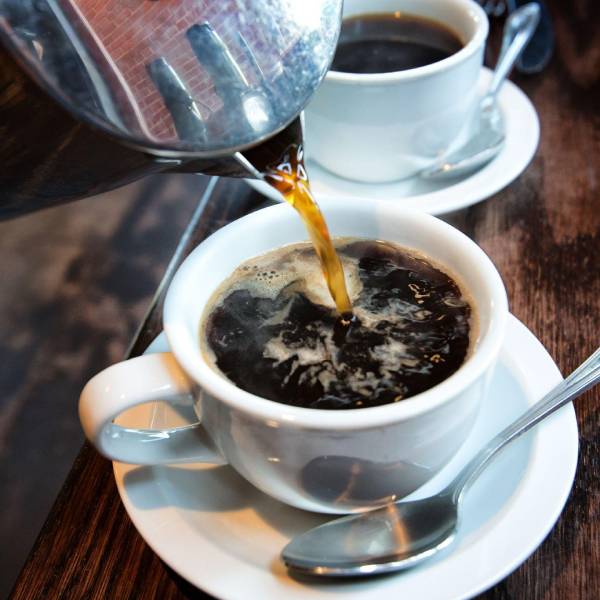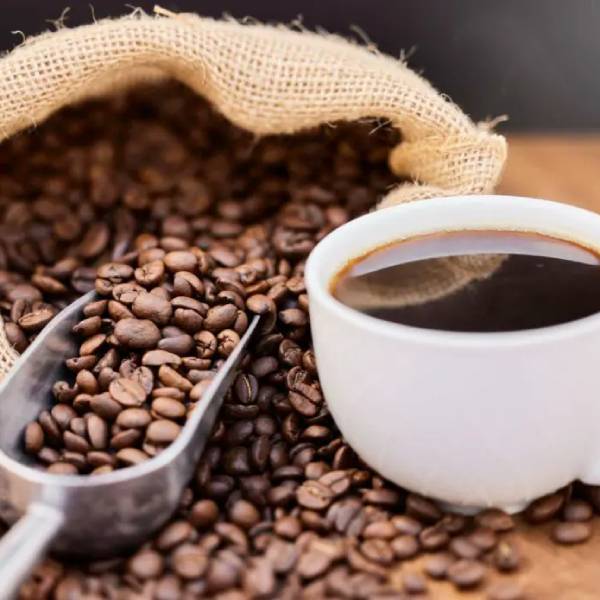In today’s fast-paced world, people often seek quick energy boosts. Energy drinks vs coffee is a debate many engage in when deciding how to remain alert. Both options deliver energy, yet they differ in composition and effects. In this article, we will explore various aspects of energy drinks and coffee.
Understanding Energy Drinks vs Coffee
Understanding Energy Drinks
Energy drinks promise a boost in energy and focus. They combine caffeine, sugar, and various stimulants to achieve this. Many people consume these drinks during long work hours or while studying. Since energy drinks provide a quick increase in alertness, consumers often turn to them in stressful situations. However, the high sugar content can lead to an energy crash later. Additionally, some studies suggest that excessive consumption may lead to health issues. People should consider these factors before incorporating energy drinks into their daily routine.

The Appeal of Coffee
In contrast to energy drinks, coffee offers a different experience. Coffee, made from roasted coffee beans, provides a rich flavor and aroma. It delivers caffeine without the added sugar and other stimulants. Many people enjoy coffee for its warmth and social aspect, often sharing a cup with friends. Additionally, coffee has been linked to certain health benefits, such as improved metabolism.
The familiarity and simplicity of coffee make it a popular choice worldwide. While it can enhance focus, coffee typically doesn’t lead to the same crash as energy drinks. Therefore, many prefer coffee for its gradual pick-me-up effect. Ultimately, consumers should weigh their options carefully. They must decide whether they need the quick boost of energy drinks or the more balanced effects of coffee.
Ingredients: Energy Drinks vs Coffee
Ingredients Comparison
Energy drinks usually contain high sugar levels and various additives. Many brands add taurine and B vitamins to enhance energy effects. This combination can provide a quick energy boost, but it often leads to energy crashes. Consequently, consumers may feel fatigued shortly after the initial high. Furthermore, excessive sugar can lead to other health problems such as weight gain and increased risk for diabetes. In contrast, coffee remains simple. It consists mainly of water and coffee grounds, making it less complicated. Coffee delivers a balanced caffeine dose without added sugars. Thus, coffee provides a more stable energy source than energy drinks.
Health Effects and Considerations
The health effects of energy drinks raise significant concerns. Many people consume these drinks for a quick energy fix. However, the resulting crashes can be detrimental to daily productivity. Additionally, the long-term effects of these high-sugar beverages remain uncertain. Conversely, coffee has established health benefits. Studies link moderate coffee consumption to reduced risks of certain diseases.
Moreover, coffee may improve focus and enhance alertness without severe negative consequences. However, it is essential to consume both energy drinks and coffee in moderation. Excessive caffeine can lead to anxiety, insomnia, and other health issues. Therefore, making informed choices about these beverages is crucial for overall well-being. Ultimately, selecting coffee over energy drinks often leads to better health outcomes.

Health Implications of Energy Drinks vs Coffee
Health Risks of Energy Drinks
Energy drinks often attract consumers with their exciting marketing and instant energy boosts. However, many people overlook the potential dangers of excessive consumption. High caffeine levels can lead to heart issues, such as arrhythmias and increased blood pressure.
Furthermore, energy drinks often contain high sugar levels, which can cause significant weight gain and digestive problems. Many individuals also experience anxiety and restlessness after drinking these beverages. The combination of sugar and caffeine can create a vicious cycle, leading to further dependence on these drinks. This dependence may pose a considerable threat to overall health and well-being. Therefore, it is essential to evaluate these risks and consider healthier alternatives.
Benefits of Moderate Coffee Consumption
In contrast, moderate coffee consumption can provide various health benefits. Research indicates that coffee may reduce the risk of several diseases, including Type 2 diabetes and heart disease. Coffee contains potent antioxidants that can combat free radicals, thereby promoting good health. Additionally, moderate coffee drinkers often report improved cognitive function and mood enhancement.
These effects can be linked to the presence of caffeine, which stimulates the brain. Unlike energy drinks, coffee offers a steadier caffeine boost without the sugar overload. Many coffee drinkers appreciate the ritual of brewing and savoring their favorite beverage, making it a more enjoyable experience. While moderation is key, coffee can serve as a delightful and healthy choice for many individuals. Thus, considering both options carefully can lead to better lifestyle decisions.

Effects on Performance: Energy Drinks Vs Coffee
The Appeal of Energy Drinks
Athletes often choose energy drinks for quick energy boosts. They believe these drinks provide immediate performance enhancements. Many brands market energy drinks as ideal for intense workouts and competitions. However, these beverages can contain high sugar and artificial ingredients. This may lead to energy crashes or negative health effects later. Despite this, athletes still gravitate towards them, seeking instant results. They often assume that energy drinks offer superior benefits over other options. In reality, this belief may not fully align with scientific evidence.
The Benefits of Coffee
Coffee offers an excellent alternative for both endurance and concentration. Studies indicate that coffee can enhance cognitive functions just like energy drinks. The caffeine in coffee blocks adenosine to improve alertness. This action helps athletes perform better in physical activities. Additionally, coffee contains antioxidants that promote overall health. Athletes can enjoy a warm cup before workouts as an effective pre-exercise ritual.
Many find it easier to digest than sugary energy drinks. Moreover, coffee can support long-term energy levels without sharp crashes. By incorporating coffee into their routines, athletes gain both mental and physical advantages. Therefore, athletes should recognize coffee as a viable and healthy option. They can benefit by balancing their consumption of both beverages. Ultimately, understanding these alternatives allows for better performance strategies.
The Taste Test: Energy Drinks vs Coffee
Taste plays a significant role in the energy drinks vs coffee debate. Energy drinks often come in various flavors, appealing to younger consumers. They can be sweet and fruity, masking their caffeine content. In contrast, coffee has a distinct, robust flavor. People often enjoy it black or with milk and sugar. Taste preferences can heavily influence personal choice among these two popular options. When considering the worst energy drinks for you, taste preference can heavily influence personal choice among coffee and energy drinks.
Cost Comparison: Energy Drinks vs Coffee
When examining energy drinks vs coffee, one can’t ignore the cost. Energy drinks generally come at a higher price per serving compared to coffee. A can of energy drink may cost two to three times more than a cup of coffee. Many coffee lovers brew their own at home, significantly reducing costs. Therefore, individuals looking for an economical option may prefer coffee. When comparing costs, it’s clear that energy drinks are the worst option compared to coffee.
Consideration of Moderation: Energy Drinks vs Coffee
In the discussion surrounding energy drinks vs coffee, moderation remains critical. Consuming energy drinks should be done cautiously. Many health experts advise limiting intake for safety reasons. Conversely, moderate coffee consumption is deemed safe and even beneficial. The key lies in recognizing personal limits and understanding how each beverage affects your body. The importance of understanding personal limits and the effects of beverages like energy drinks with most caffeine cannot be overstated.
Conclusion: Energy Drinks vs Coffee
Ultimately, the choice between energy drinks and coffee depends on individual preferences and needs. If you prioritize health and flavor, coffee may be the better option. However, if you seek variety and instant energy, energy drinks could entice you. Regardless of the choice, moderation is important for health and wellness. In the energy drinks vs coffee debate, individuals must consider their lifestyle and health goals to make the right decision.